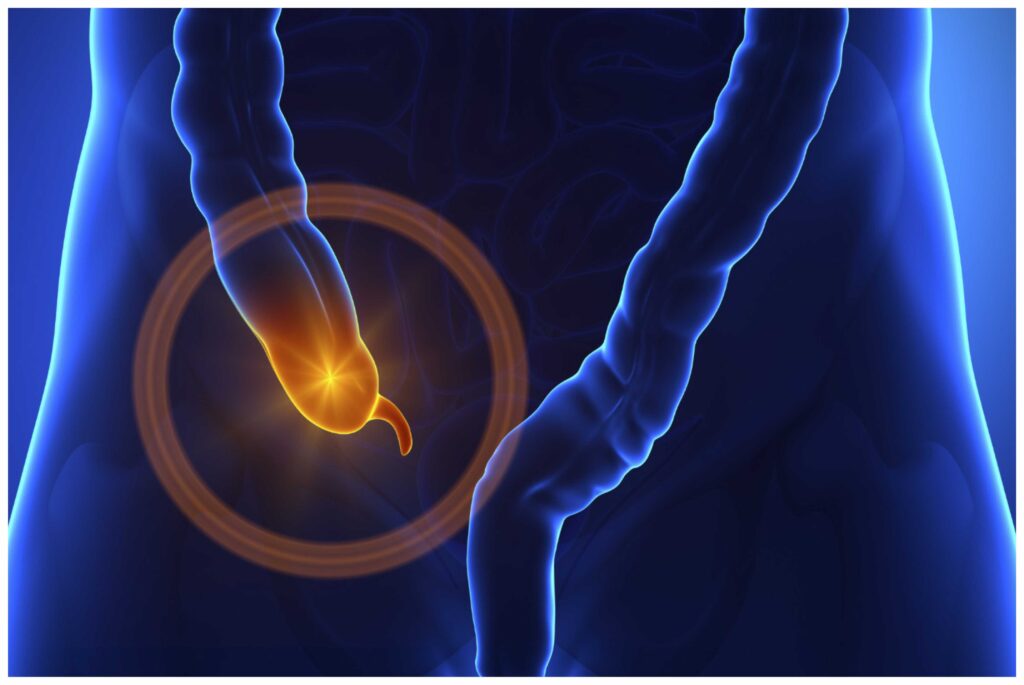
Appendicitis is an inflammation of the appendix. It is a medical emergency that needs to be treated immediately. If not treated, it can lead to serious complications. The early warning signs are very important in preventing more severe outcomes.
Key Symptoms of Appendicitis
The most common symptom of appendicitis is a sudden onset of abdominal pain that typically begins near the belly button and then shifts to the lower right abdomen. Other warning signs include: Severe, steady pain that worsens when you move, cough, or sneeze, Loss of appetite, Nausea or vomiting shortly after the pain starts, Low-grade fever, Abdominal swelling, Difficulty passing gas or constipation.
Also Read | Sudden Stomach Pain? Discover Common Causes and Treatments
When to Call for Emergency Help
If any of these symptoms have occurred, immediate medical care should be sought. A ruptured appendix may leak infections throughout the abdominal cavity and into the space in which abdominal organs are suspended; this condition may cause severe and dangerous peritonitis. Accurate and early diagnosis will therefore help avoid most of these potential dangers.
How Is Appendicitis Diagnosed?
Appendicitis is diagnosed after a physical checkup by the doctor. These may include assessing the tenderness of the abdominal region. Diagnosis can also be confirmed with some blood tests, as well as imaging tests in the form of an ultrasound and CT scan.
Also Read | Abdominal Pain Decoded: Common Causes and When to Seek Help
Appendicitis Treatment
Surgery is the common treatment for appendicitis. The appendix is removed in a procedure known as an appendectomy, which is often performed laparoscopically to ensure a faster recovery. If the appendix has already ruptured, doctors may need to drain any infection before performing the surgery.
Conclusion
Appendicitis is a potentially dangerous condition, but early recognition of its symptoms can make a significant difference. If you or someone you know experiences signs of appendicitis, don’t wait—seek medical help immediately to ensure proper treatment.








